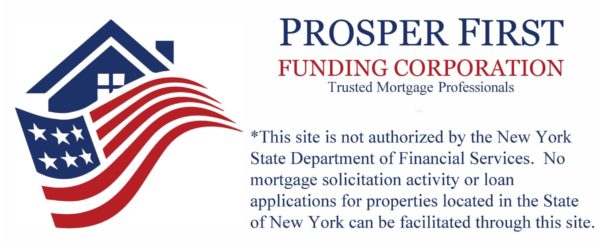The Federal Reserve is a government body that many of us hear about on the news, yet don’t completely understand. What is it? What does it do? And why does everyone get in a kerfuffle when its leaders make an announcement about buying bonds or some other rate change?
The reason the Federal Reserve is so important is because its leaders’ decisions trickle down through the economy and affect things like mortgage rates. Let’s take a look what the Federal Reserve is, how it controls interest rates, and how that makes a difference for you and me.
What is the Federal Reserve?
First of all, what is the Federal Reserve? Essentially, it is the nation’s central bank; it’s the bank that banks bank at. There is a policy that says each bank is required to keep 10 percent of its money with the Federal Reserve. It can then use the remaining 90 percent to loan out to businesses and to people like you and me.
A primary job of the Federal Reserve is to control the money flow. That is to say that they control how much money banks can lend out. More money flowing in the economy means demand is lower and interest rates are lower. Less money in the economy means demand is higher and interest rates are higher. (We often pay more for things in high demand, right?)
How Do They Affect the Economy?
One way the Fed can change the amount of money in the economy and thus interest rates is by buying and selling bonds. If the Fed wants banks to loan out more money and stimulate the economy, they buy bonds from the bank and give the bank money. This gives the bank more money to loan out to you and me. If the Fed wants banks to loan less money, they buy fewer bonds or even sell bonds. This means banks have less money to loan out. When banks have less money to loan out, the cost of that money increases in the form of increased interest rates.
Why Does the Fed Do This?
Well, when there is a lot of money flowing around the economy more people will use that money to buy more things. This increased demand leads to inflation. Inflation doesn’t change the types of products we buy every day, it just makes them cost more. So, the Fed tries to create a balance between keeping money available and keeping things affordable.
Recent News from the Federal Reserve
Knowing how the Federal Reserve works, it may now make more sense why everyone pays attention when its leaders speak. Most recently, the Fed announced it would be buying $10B less bonds each month, a sign that they are starting to ease economic stimulus. Slowly, over time, they will keep reducing this amount. The result of this will be slowly increasing interest rates on borrowed money.
Talk to me today about what a change in these interest rates means to you, and how it might affect your ability to buy.
My husband and I are looking at a house that has an HOA, but we never lived with one before so we are curious to know if there are benefits to having one. I liked how you pointed out that one good thing is that they will provide a landscape company to help with the yard work. It will be great not having to worry about spending all of our time doing it, but having it still look nice.
Very nice love the colors
I would love to have a tiny home to live in! It seems more manageable and affordable. The Hiatus in Oregon is beautiful. I love the wood floors. can you put a tiny house on any property? Thanks for the inspiration and information!
I have a home in Stamford CT and I am looking for someone to assume my mortgage. Not sure if you are interested in something like this based on what I saw on your website. Eric
Is it possible to buy a first home with a 580 credit score? The house is in Groton ct and is only $90,000
